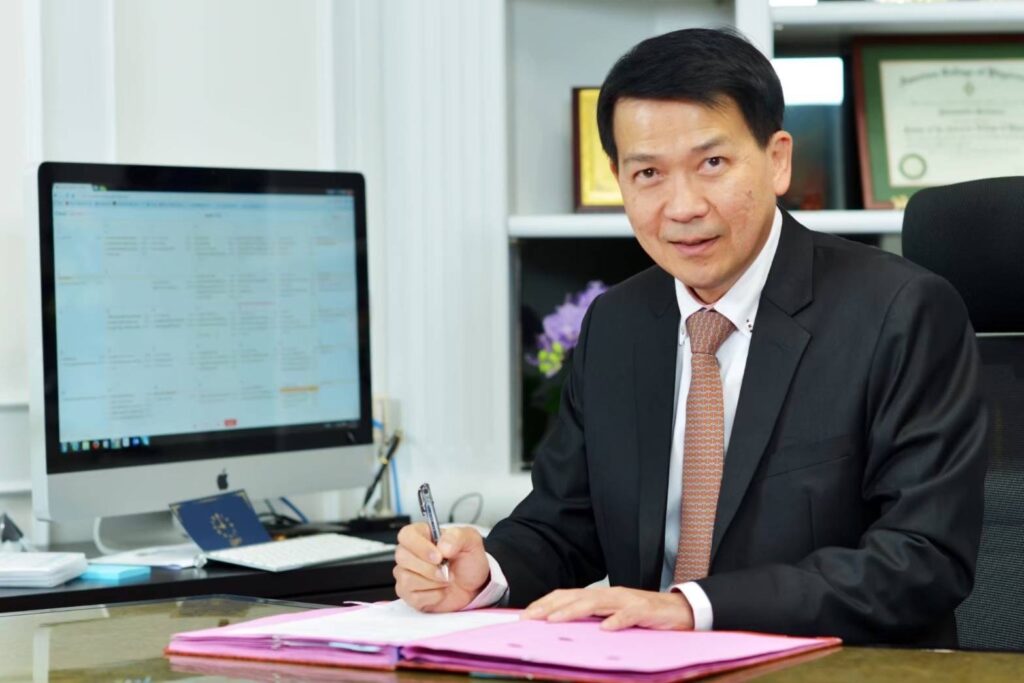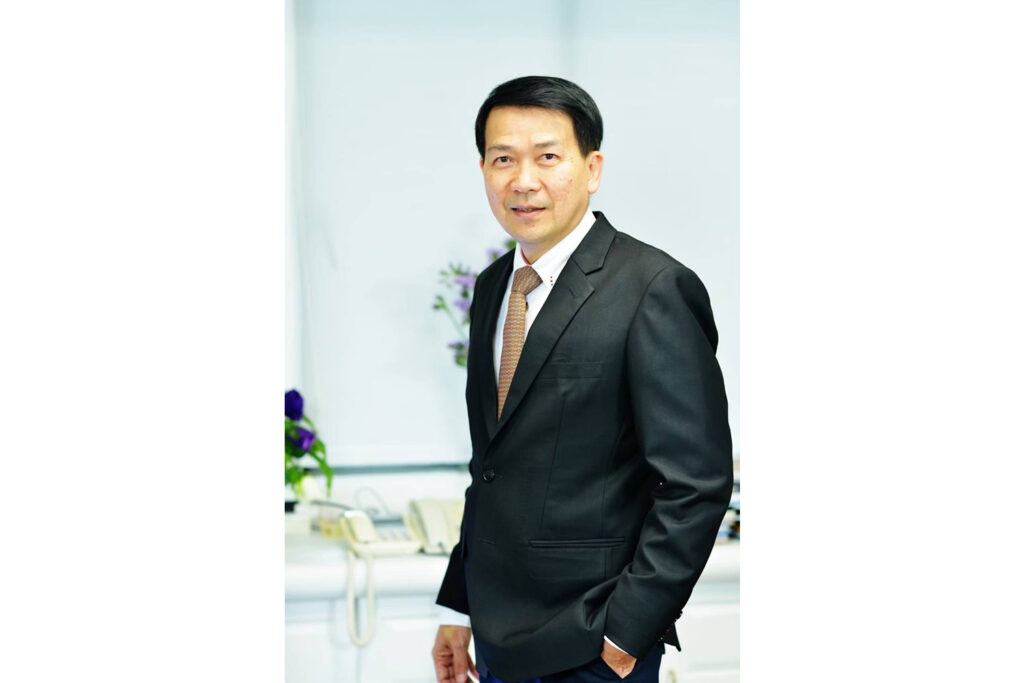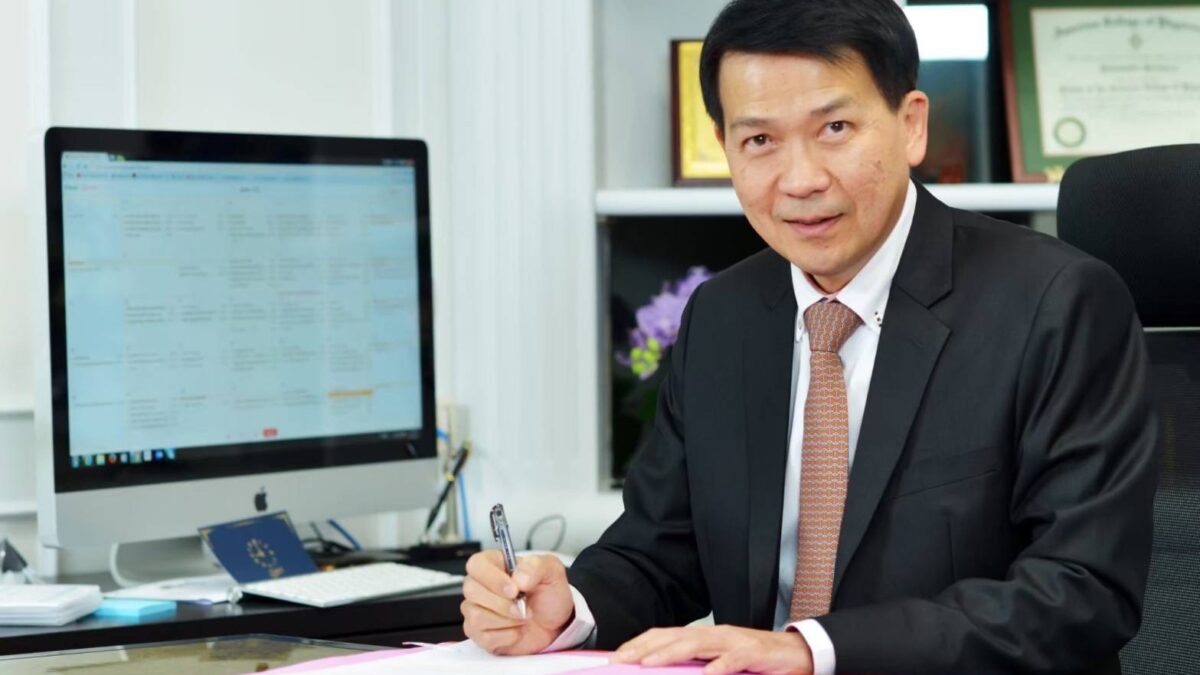PUBLISHED : 25 FEB 2022 AT 16:40

The over three-year coronavirus crisis put pressure on every country to find ways to “live with COVID-19” sustainably.
Recently, Professor Piyamitr Sritara, M.D., FRCPT, FACP, Dean of Faculty of Medicine Ramathibodi Hospital, Mahidol University, as one of the sub-committees on driving forward the Bio-Circular-Green Economic Model (BCG) in medicine and vaccines which is one of the 10 goals of Thailand’s economic development strategy, joined the meeting to exchange experiences with working groups from 21 member states of the Asia-Pacific Economic Cooperation (APEC). The meeting discussed ways to rescue the economy from the COVID-19 crisis and prepare for the new wave of outbreaks. Amid all sectors, Mahidol University as one of the country’s main higher education institutions, is fully aware of playing a strong role in advancing the BCG policy, with its high potential to help develop the economy in this region in many clusters like food and agriculture, as well as medicine and wellness.
Professor M.D. Piyamitr emphasised that building stability and driving economic growth has to focus on value creation through the process of cross-disciplinary technology use, recycle and upcycle, maximum life cycle usage and Zero-Waste under this BCG policy. Mahidol University can add value to food and agricultural products through the development of nutraceuticals, biotechnological production and precision agriculture, apart from the field of medicine and health concerning precision medicine, genomics technology, the development of herbal products and medical plants that contain bioactive compounds together with the promotion of being a medical hub, and others.
In the APEC framework, strengthening international cooperation in knowledge building, business networking and mobility of high-potential personnel is another important element. It works in tandem with the sufficiency economy concept to achieve Sustainable Development Goals (SDGs) that are related to food security, health security energy security, career security and sustainable ecosystem.




